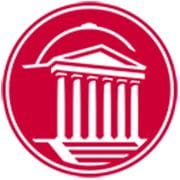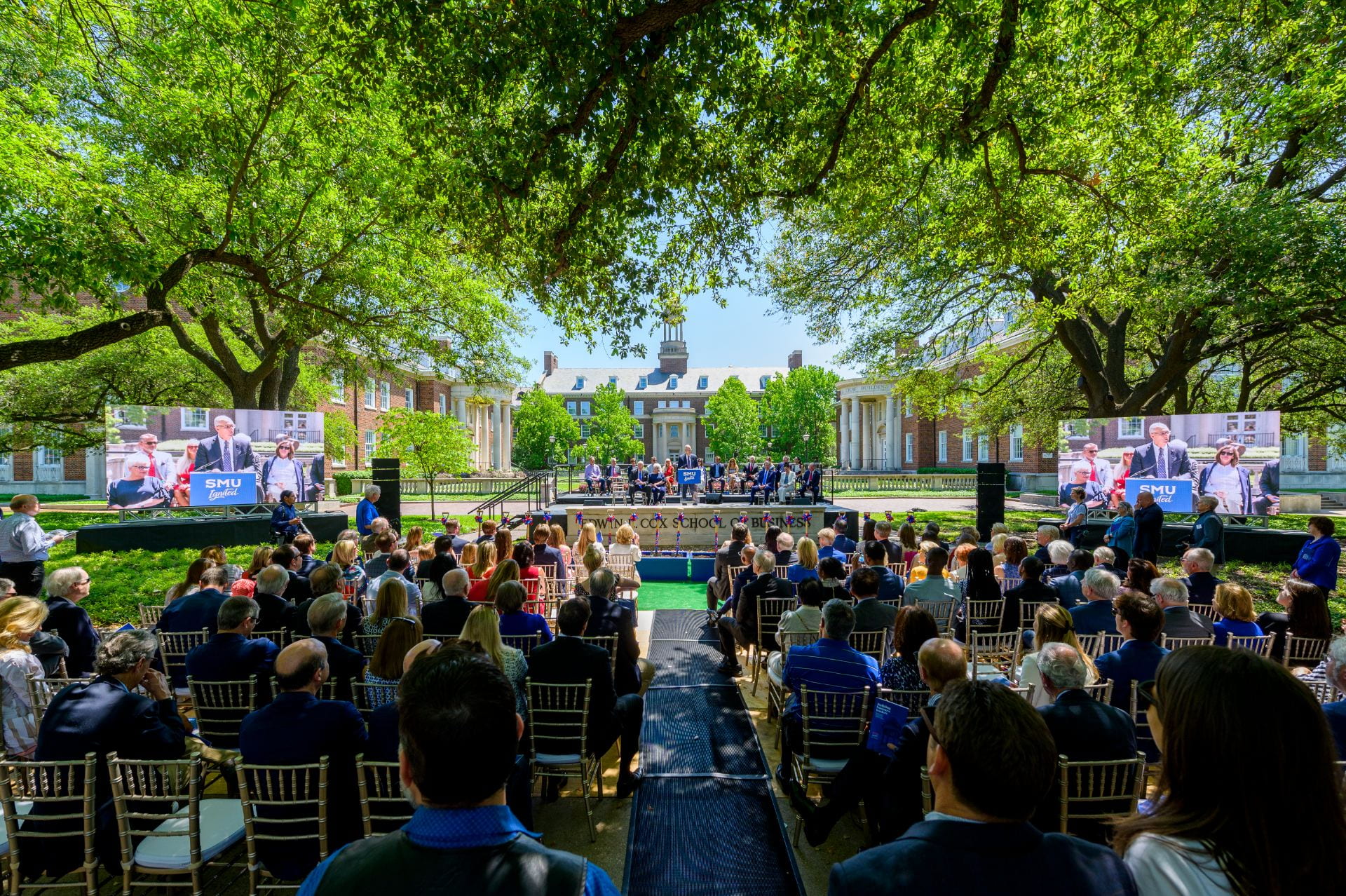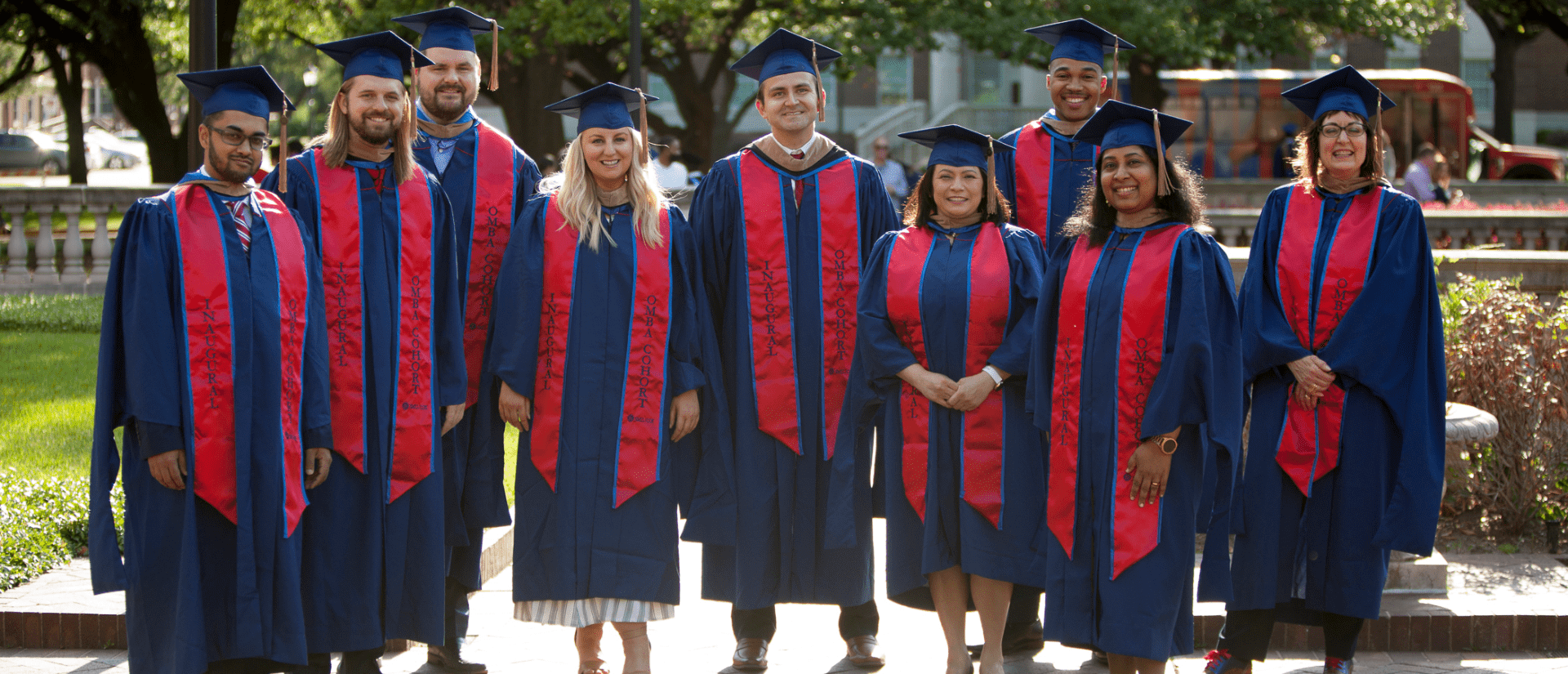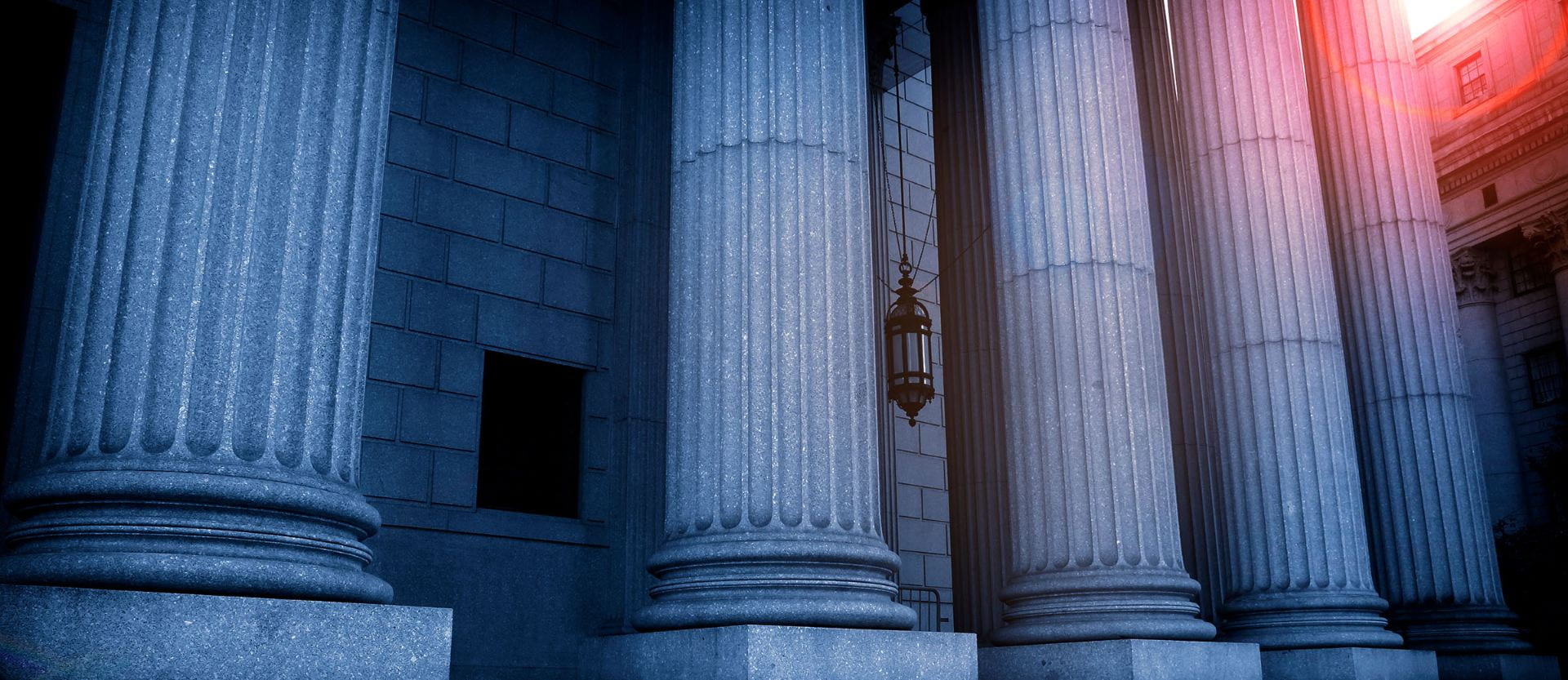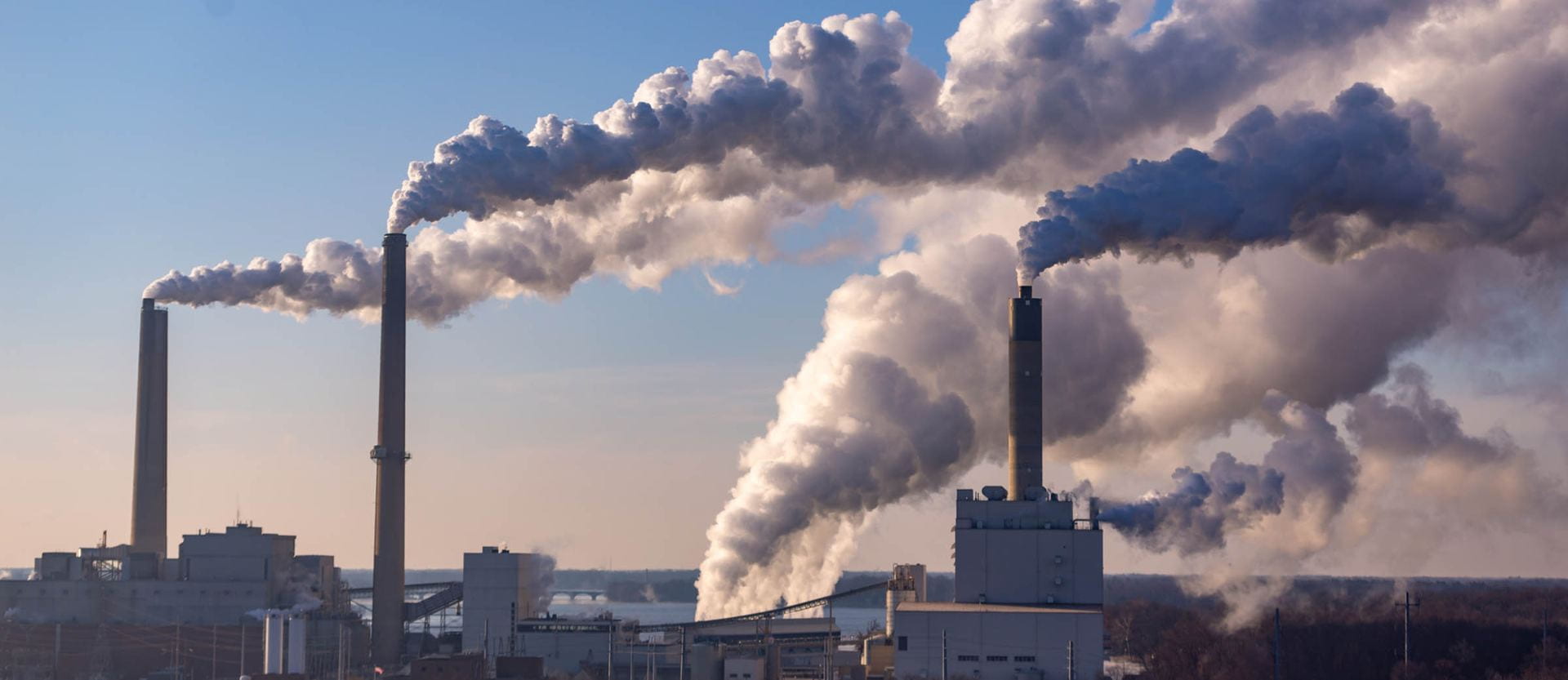The Maguire Energy Institute marks its 50th anniversary in 2024. At the same time, SMU Cox will be working with the Institute toward the fall 2025 launch of a new Master of Science in Energy and Sustainability (MSES) degree program. We spoke with Bruce Bullock, the Jane and Pat Bolin Endowed Director of the Maguire Energy Institute, and Professor of Finance Kumar Venkataraman, who serves as academic director of the Maguire Energy Institute & Kyle Miller Energy Program, to learn more about how the program, still in the development phase, will address the global tension between energy and sustainability solutions—and how it will prepare students for the next 50 years of an evolving energy landscape.
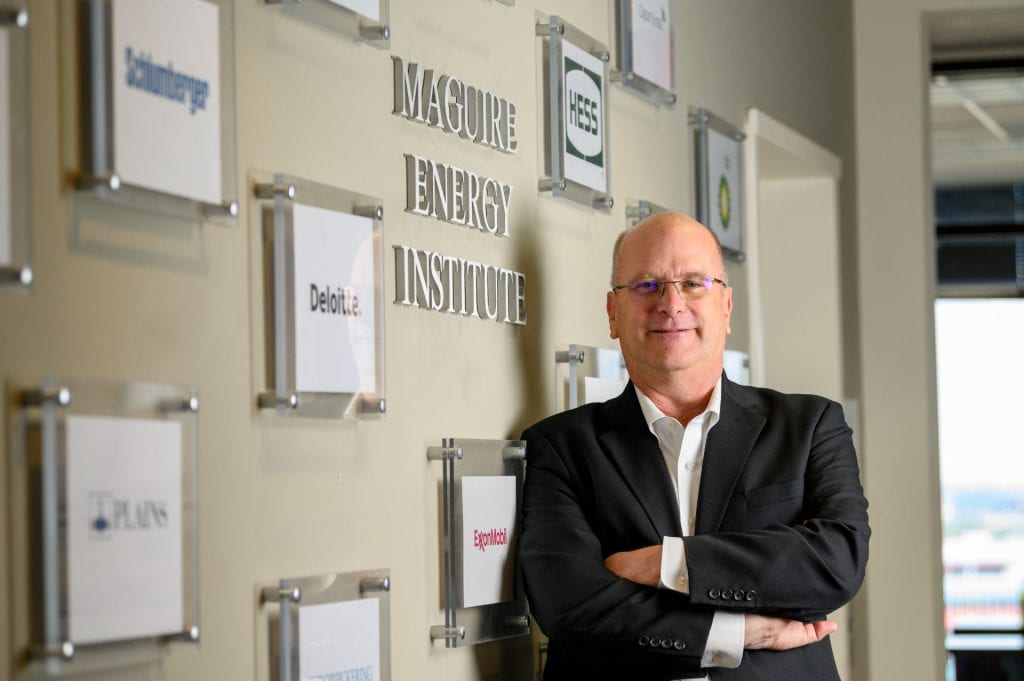
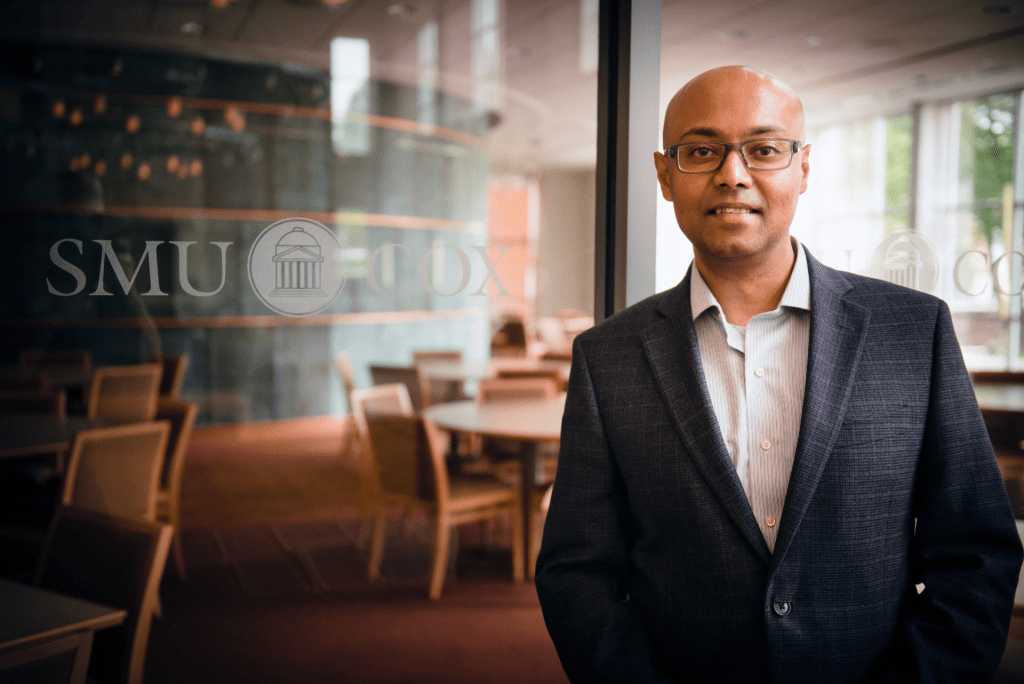
Bruce Bullock: In many ways, we’re facing the same challenges we did 50 years ago. I entered the industry in 1983 in Dallas, which, at that time, was much more of a major oil producers’ town. We had three major oil companies headquartered here: ExxonMobil, a company then called Diamond Shamrock and Atlantic Richfield, or ARCO, as well as several independent oil and gas companies. Today, Dallas’ energy focus has shifted substantially. A few independent energy companies still exist, such as Pioneer and HF Sinclair, but Dallas’ focus is now more on large consumers of energy—manufacturers like Texas Instruments, Toyota and Caterpillar. Also, Dallas now has a significant interest in energy finance—many private equity firms and other investment houses here invest in oil and gas. That was not nearly as important back when we had major oil companies here because they were largely self-financing.
Kumar Venkataraman: Texas was known as a big traditional oil and gas producer. And today, it’s a big producer of renewable energy, like solar and wind. The nature of where that energy comes from is changing, and it will continue to change. However, the Texas economy will still be an essential participant in the energy landscape.
Why are you excited about launching the MSES program in 2025?
BB: Right now, there is a global tension between energy sources and sustainability: How much oil and gas do we use? How does that affect sustainability from an environmental standpoint? How fast do we switch, and what are the economic and sustainability implications? That tension will be with us for at least another 50 years, and companies will need a lot of financial, operational and policy expertise in that area.
KV: The current areas with the largest global capital investment are renewable energy, energy-smart technologies and energy efficiency, clean transportation, green infrastructure, pollution prevention and control equipment on an industrial scale, plus sustainable water treatment. We want to prepare our students for emerging opportunities in these areas, with a deep understanding of energy landscape as it is and where it is going.
How did you develop the curriculum for the new MSES program?
KV: We evaluated competitors’ programs, where we noticed a focus on traditional oil and gas, conventional energy finance or economics, hydrocarbons and renewables. But these programs do not focus on sustainability. So, what we are crafting is an interdisciplinary master’s program in energy and sustainability that fills the gap.
The MSES program will not be tied specifically to a functional area, such as finance or operations. The objective is to provide students with broad skills tied to sustainability and experiences in the energy world, so they are prepared to solve industry problems.
We will provide students with two types of elective options. One is what we consider the “traditional” option, where students can take a set of five or six elective courses in a particular area that they’re interested in, for example, specializing in operations by taking courses offered by our operations department. Alternatively, if they are interested in energy finance, they can take a set of courses offered by the finance department, such that in addition to energy and sustainability, they have the technical skills to play a role in the energy finance space. Our objective is to create a unique offering that allows students within a traditional MBA or MS program to pursue their interest in the sustainability space.
Another important initiative is to offer a three-course sequence in sustainability—we call it the sustainability track. Here, students will take courses in environmental, social and governance reporting, ethical leadership, corporate social responsibility and sustainable value creation.
This program creates new experiences for students interested in the emerging sustainability market while nicely complementing our other offerings, as the new courses can be commingled with what is currently available in the graduate program.
What are some examples of practical applications of an MSES?
BB: As part of the program, we envision formalizing two capstone courses where students will address real problems for real companies. For example, a regional manager of a rental car company needs to report carbon emissions from the tailpipes of all the rental cars. The pressure is for that level to be less and less. There are decisions to consider: Do they rent 20 percent electric and 80 percent fossil fuel cars? Or do they rent all hybrids? What solution meets market needs?
KV: The typical team that works with a CFO is usually well-trained in energy finances. But the team needs expertise on the sustainability implications and the carbon footprint of the company. Our students will be prepared to fill that role, specifically bringing the sustainability perspective into the conversations, whether in the boardroom talking to the CEO and the Board of Directors or at a project level. Looking ahead, we envision a future where all companies need a team that is looking at the corporate decisions from a sustainability perspective.
Applications for the new MSES degree program are not yet being accepted. Initial classes are planned for August of 2025.
This interview has been edited for length and clarity.



